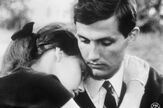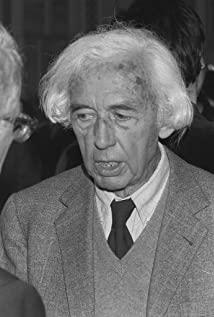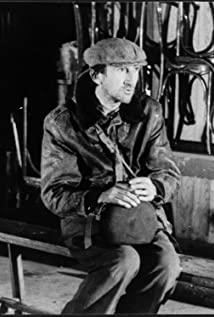Almost all of Bresson's films are tautology of the hand of God. Because all his stories are nothing more than religion, and all his pictures are nothing more than the arrangement and combination of close-up hands.
——————
Rough, ascetic stories aside, the visual, or fine art, of Bresson's films is based on European painting, not photography or theater.
Before switching to film, Bresson was first and foremost a painter—why not a painter? The high probability is because the level is not high, or bad luck or both. So I switched to the film industry, which is not in the high art. famous.
If you carefully examine European paintings, except for some peasant paintings for the upper class to play with (the greatness of the old Bruegel lies in the fact that he painted peasants with a level-headed, rather than a condescending moral judgment), the expressions are solemn and restrained, or they are expressionless. , is the common feature of the characters in almost all religions, myths, and high-class portraits. The purpose of this painting is to transcend temporality, because "what is seen is temporary, and what is not seen is eternal" (2 Corinthians 4:18). This is the root cause of Bresson's insistence on using non-professional actors and insisting on repeating a scene multiple times until the actor gives up any attempt to "act" and his expression is reduced to numbness. Brinell's so-called "mannequin" theory is nothing but a copy of a painted model. This is his awareness of the ontology of film and his self-consciousness as a film writer.
Since expressions are limited in the European painting tradition, how to express desire and convey ideas? The easiest answer is hands. From the hand of God to the hand of man, from Botticelli's Venus, to the Creation of Adam in the Sistine Chapel, to Titian, Caravaggio, Velazquez, Goya: Old Masters The hands they draw are human desires, greed, pain, craving, redemption—or just an extension of sheer beauty. Bresson is an aesthetically trained painter and a devout Catholic, and one of his aesthetic choices is that the hand of God has become a consistent visual theme in his films.
——————
One question that has been bothering me is why Batsa the donkey ended up being a saint. The answer is in the Bible.
The Jews want miracles, the Greeks seek wisdom, but we preach the crucified Christ—a stumbling block to the Jews and foolishness to the Gentiles, but to those who are called, whether Jews or Greeks, Christ is always God the power of God, the wisdom of God. For the foolishness of God is wiser than man, and the weakness of God is stronger than man. Brethren, it can be seen that you are called according to the flesh, but not many are wise, not many are powerful, and not many are honorable. But God chose the foolish in the world to shame the wise, and the weak in the world to shame the strong. God also chose the lowly, the hated, and the non-existent in the world, in order to abolish the existing, so that none of the flesh could boast before God. —1 Corinthians 1:22-29
The foolish, the weak, the base, and the disgusted are chosen by God—this kind of discourse as advanced as Li Dan's dialectics abounds in the New Testament. But why choose these disgusting qualities? The key to understanding is in the "bragging" in the last sentence. For ignorance is the root of all sin - Spinoza was right. It is only when one is ignorant that one feels that one is wiser, more capable, and more honorable than everyone else (all words of praise can be freely replaced here). This is why arrogance is the most serious of the seven deadly sins in Catholicism. Socrates is cunning, saying that he knows nothing but his ignorance.
Bresson said that the masters of Battha each represented one of the sins of mankind: the most obvious being arrogance and greed, corresponding to Marie's father and miser, respectively. There are also some details, such as the collusion between street youth and the church/the laissez-faire of the police-a satire on the secular society, which is Brinell's attempt to make a grand narrative.
Going back to Batsa the donkey, it is not difficult to understand why it was abstracted as a saint, dying in the flock. So where is the redemption? Again, the answer is ready: "Knowledge puffs up, but love builds up" (1 Corinthians 8:1).
View more about Au hasard Balthazar reviews










